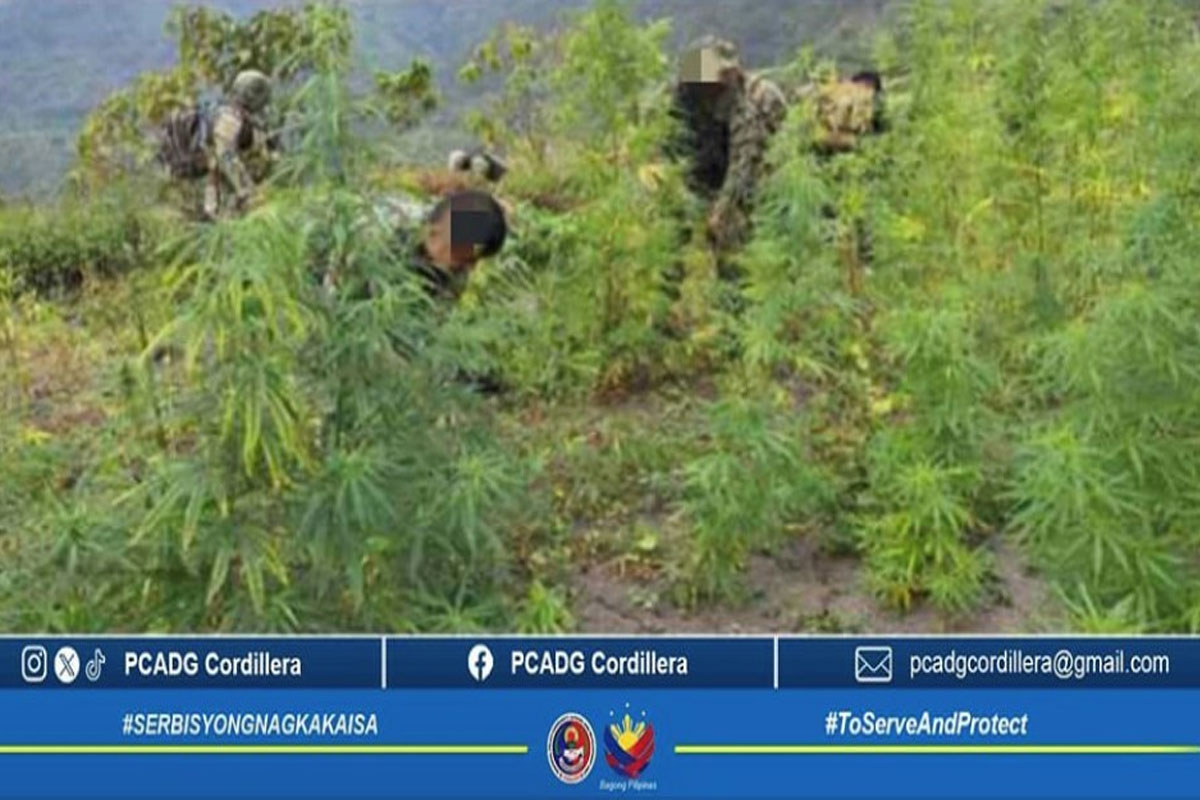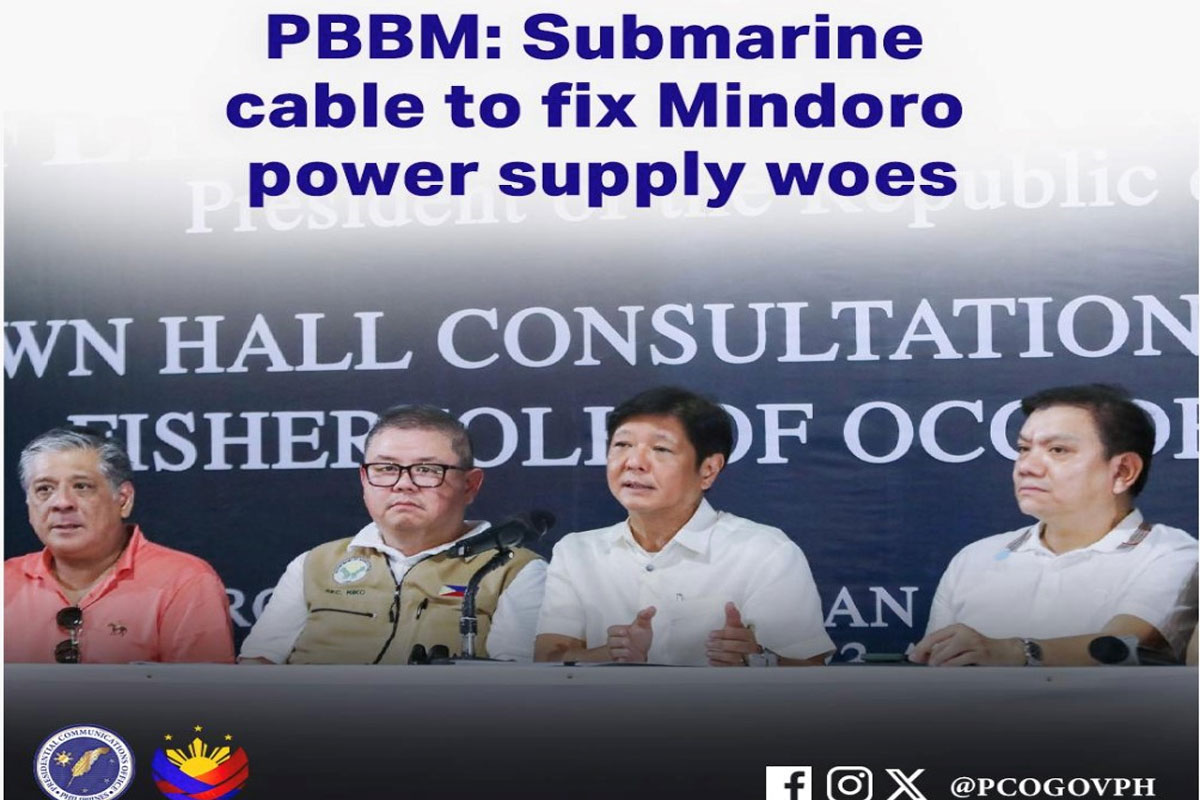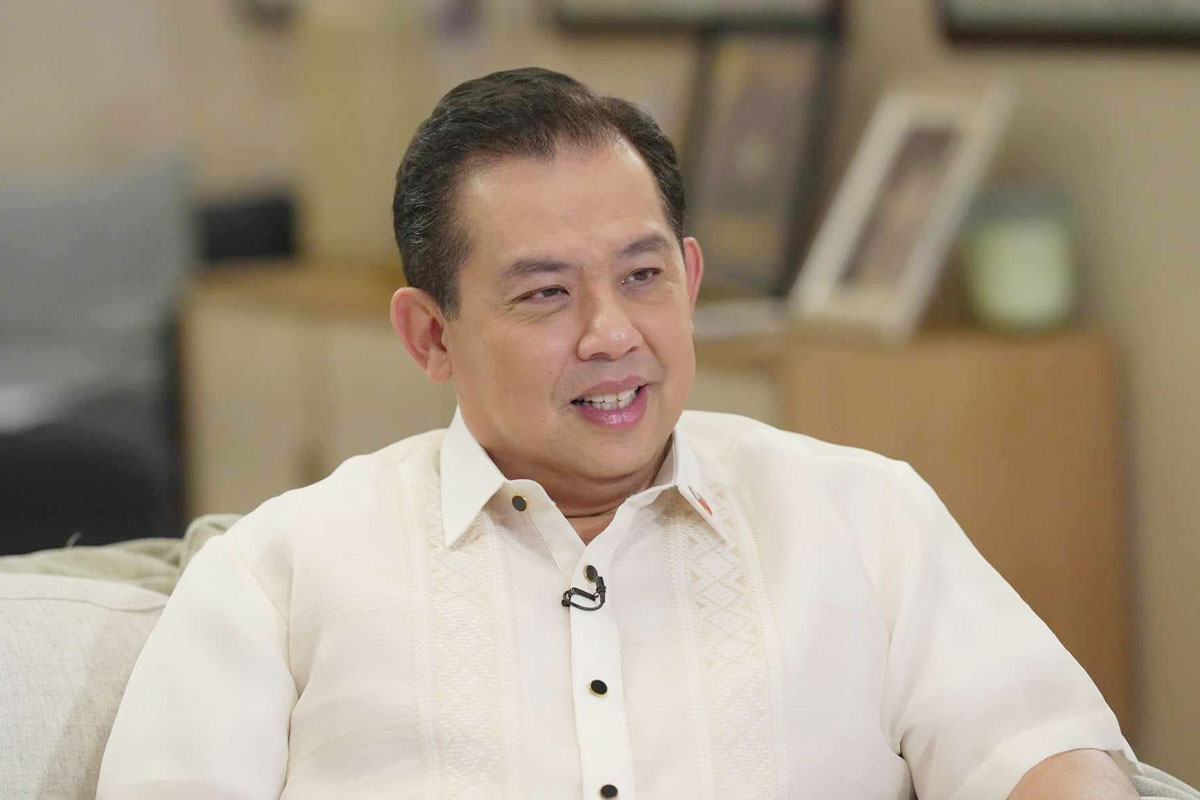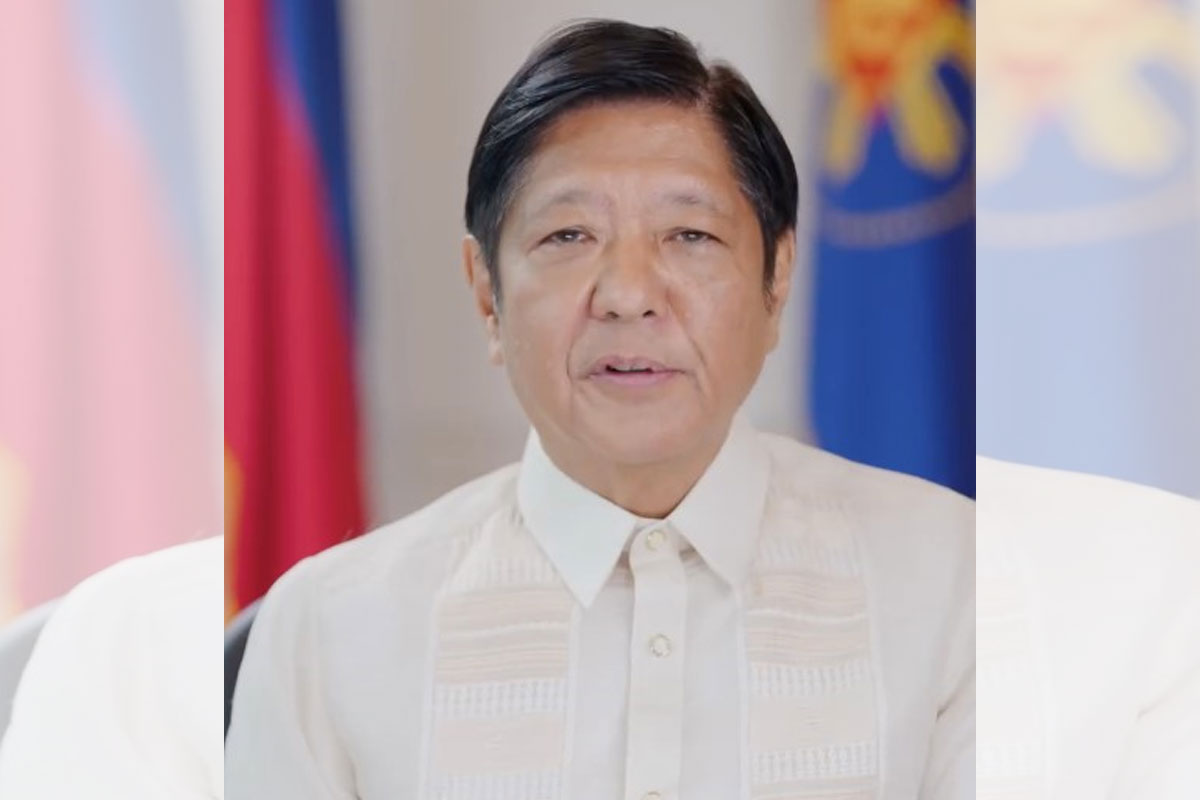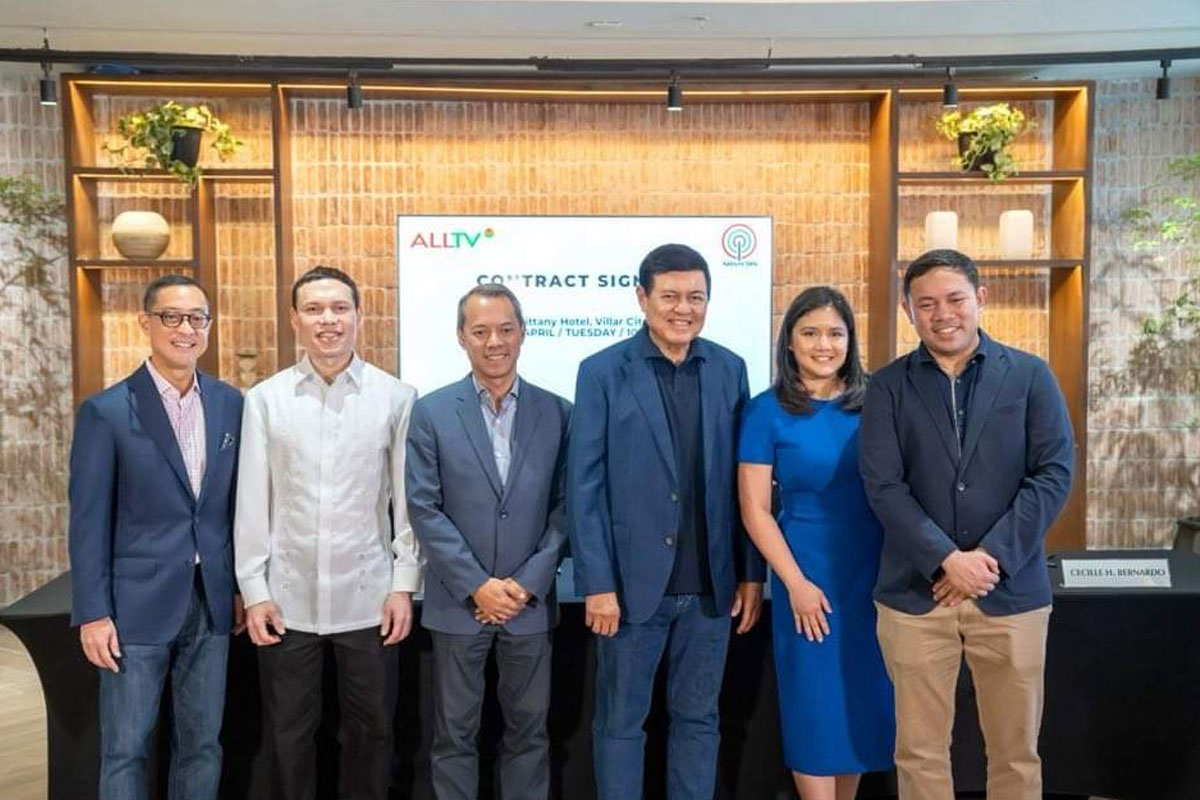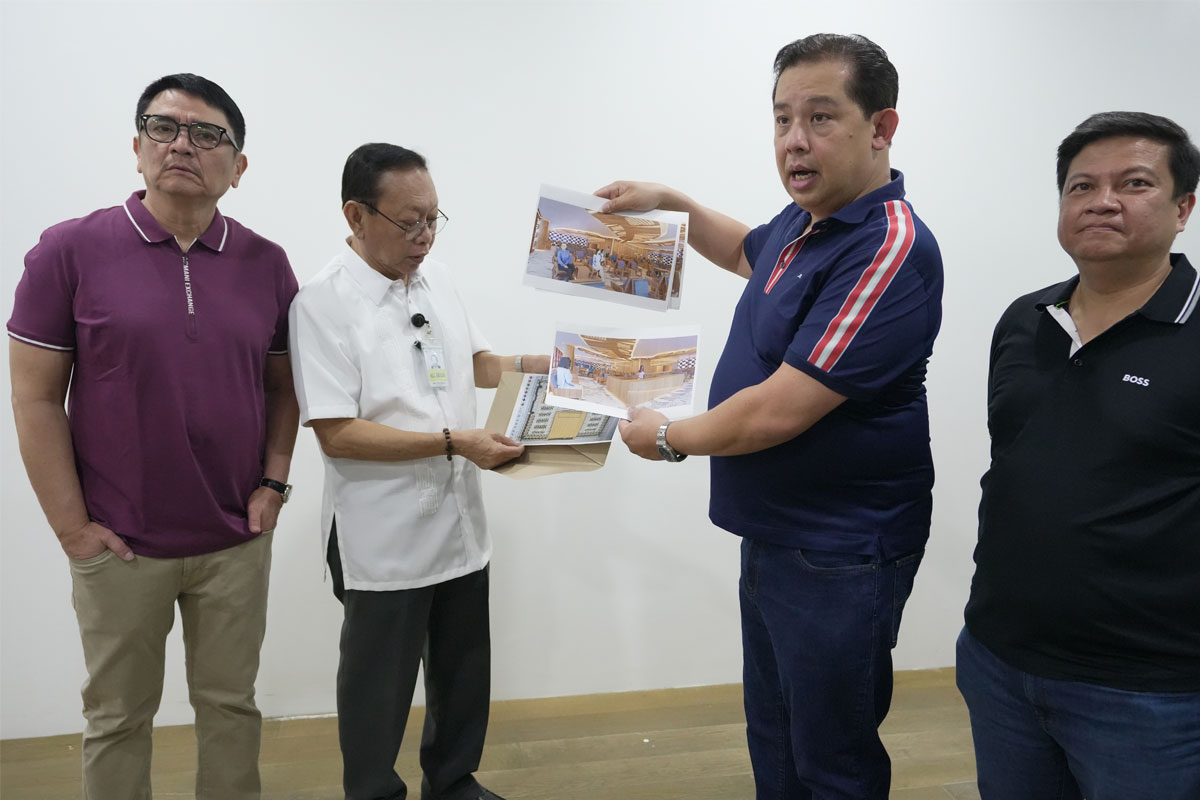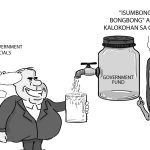
Governor Felipe Medalla steps up
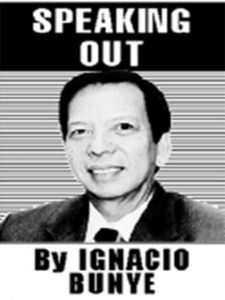 Newly-installed Bangko Sentral Governor Felipe Medalla was supposed to meet captains and representatives on the banking industry last July 8, but BSP had to postpone the event for a later date. ‘Better safe than sorry‘ as BSP organizers cited the recent uptick in COVID cases as the reason for the postponement.
Newly-installed Bangko Sentral Governor Felipe Medalla was supposed to meet captains and representatives on the banking industry last July 8, but BSP had to postpone the event for a later date. ‘Better safe than sorry‘ as BSP organizers cited the recent uptick in COVID cases as the reason for the postponement.
Traditionally, the members of the Monetary Board, which the BSP Governor chairs, meets with with the banking community twice a year (first in January and the second in July) for the usual meet-and-greet and the Governor’s state of banking address.
The BSP governor normally frames his address around BSP’s mandates, especially on maintaining price stability and then focuses on the Philippine economic outlook, given factors in the immediate past, the work which the BSP is doing in the present and plans to face challenges in the future.
The template includes a discussion on how global economic growth triggers movement of funds to and from emerging markets, how our currency weakens ( or strengthens) and how BSP responds with a flexible exchange rate policy and how it provides local and foreign currency liquidity.
The Governor usually talks on how the BSP tries to maintain a sound and liquid financial system which provides support to Philippine economic activity. Finally, the Governor projects a well-calibrated and carefully sequenced series of reforms which includes, among others, developing deeper and more efficient domestic capital and money market, complementary foreign exchange reforms, close monitoring of excessive credit and leverage, continuous development of the country’s backbone for payments and settlements and leveraging digital innovation to further reach the financially unserved and underserved.
Governor Medalla, until lately, was serving the second of his two consecutive terms as a member of the Monetary Board. He stepped into the shoes of Governor Benjamin Diokno, who has been tapped as Finance Secretary vice Carlos Dominguez III. Arguably, Medalla takes the reins at Bangko Sentral ng Pilipinas, where he faces a challenge in fostering economic recovery while keeping inflation from getting out of hand.
Medalla, a Doctor in Economics, was an educator for at least 4 decades. He was a former president of the Philippine Economic Society and chairman of the Foundation for Economic Freedom, a non-government organization primarily engaged in public advocacy for fiscal reforms and market-friendly government policies.He is expected to work well in tandem with Diokno, with Medalla handling the monetary policy and Diokno handling fiscal policy.
Medalla is media savvy, usually giving media a heads up on future policy rates via Viber. In his latest message, Medalla expressed his openness to a 50 basis point increase in the central bank’s key rates in August to help address the accelerating inflation rate and the Federal Reserve’s rate hikes.
“There are pros and cons to gradualism…. If the inflation is too high, even if the causes are impervious to BSP’s kit of policy instruments, a monetary policy response may be necessary”. He reiterated BSP’s strong commitment to maintaining price stability.
He said the central bank “is strongly committed to maintaining price stability”, thus “it’s not prudent to let factors that significantly affect the exchange rate to add further to inflation that (is) already high.”
The BSP last raised the policy rate by an aggressive 75 basis points effective June 24, 2022.
How does tweaking the policy interest affect inflation, the layman may ask. The price of goods and services is dictated by demand and supply. If the demand is bigger than the supply, the price will rise. If the demand is lower than the supply, the price will go down. The policy rate is the principal tool used by the monetary authorities to influence demand. The theory is that if interest rate is high, the demand will decrease on two counts: 1. Borrowing money for consumption will become more expensive. 2. Those with money may choose to just deposit their money and postpone spending.
As can readily be seen, the policy rate addresses only the demand side. The supply side is altogether another concern which is better addressed by the other agencies of the government tasked with the production and distribution of goods.
Hope and help for our farmers
I received this interesting bit of news via The Ayala Way, an online internal news and features digest. The Ayala Way reports that weekends at Ayala Malls have become extra meaningful when it hosted “Box All You Can” by Rural Rising Philippines, a social enterprise that buys produce from distressed farmers and brings them directly to consumers at fair price.
Alagang AyalaLand, which provided Rural Rising rent-free space in Ayala Malls in 2021, scaled up its support of this grassroots effort by hosting what have now become highly anticipated gamified shopping events.
For only P699, buyers are given 10 minutes to fill a box with as many fruits and vegetables as they can carry. Purchases directly benefit farmers from Benguet, Nueva Ecija, Nueva Viscaya, Pangasinan, Tarlac, La Union, and Batangas, among others.
Ayala Mall Alabang Town Center, Soledad, Market! Market!, and UP Town Center have hosted Rural Rising Box All You Can events. Other events are scheduled at the Glorietta on July 16-17 and Marquee Mall on August 6-7.



